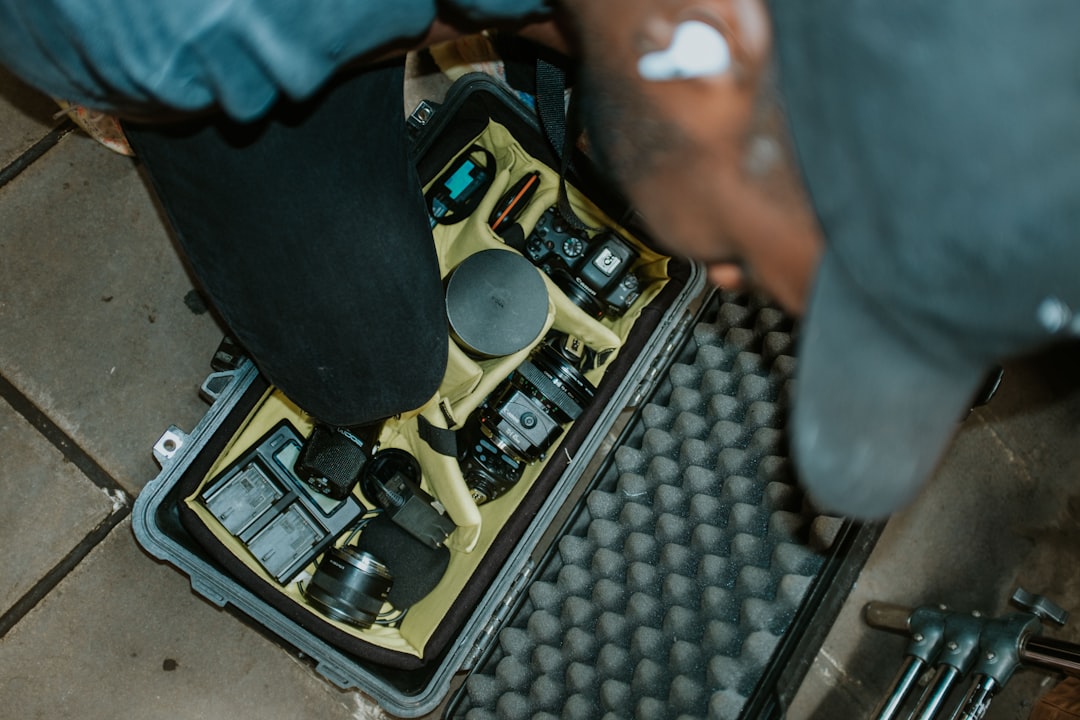Imagine you’re casually browsing the web. Maybe you’re looking for cat memes or tutorials on how to fold a fitted sheet. But suddenly, you stumble upon a strange phrase like “down ext:php” while digging through search results, or worse, while analyzing your own website’s traffic. Sound mysterious? It is. But it also might mean trouble.
Let’s break this down in a fun and simple way so you know what “down ext:php” means and why it might be a red flag for your website—or someone else’s.
First, What Is ext:php?
This is a search operator. Think of it as a secret code you can use in Google. The “ext:” operator tells Google to look for files with a specific extension. In this case, “ext:php” tells it to find web pages that end in “.php”.
PHP is a popular programming language used to build websites. Many dynamic websites, like blogs or e-commerce stores, rely heavily on PHP files to run smoothly.
And What About “down”?
This part is where things get a bit shady. When someone searches for “down ext:php”, they’re often looking for websites that have PHP files which aren’t working correctly. Maybe they crashed, maybe they’re showing errors. Or maybe something more sinister is happening…

Why Would Someone Search for That?
Here’s the part that gets scary. Hackers, bots, and bad actors sometimes search phrases like this to:
- Identify vulnerable websites
- Find outdated PHP files that could be exploited
- Spot error messages revealing sensitive information
- Discover unprotected admin panels or login pages
With one simple Google search, they can find multiple websites that might be struggling—and strike when nobody’s looking.
How Could a Site Be “Compromised”?
A site is compromised when someone gains access without permission. They might inject malicious code or steal data. Or they could turn your website into part of a botnet—a zombie army of computers used for other attacks!
If your PHP files show errors or don’t load correctly, hackers might be able to see:
- Which PHP version you’re using
- Paths to internal files on your server
- Database connection errors
- Unsecured admin panels
This is like leaving your diary open on the bus, with a note that says “Go ahead, read me!”
Real-Life Example: The Curious Case of Broken Contact Pages
Let’s say a small business has a contact.php page. It’s supposed to show a contact form, but it’s throwing a server error instead. Anyone searching “contact ext:php down” could land right on that broken page.
From there, they might:
- Check for error messages
- Guess the file paths of other PHP files
- Run automated scripts to test for known vulnerabilities
If the website isn’t hardened (we’ll talk more about this soon), a simple broken contact form might become the door to a hacked database.

But Wait! Not Everyone Who Searches This Is Evil
Let’s be fair—some good guys use this query too! Security researchers and white-hat hackers (the “cowboys” of the internet) might use these tools to find and report security flaws before bad guys get to them.
Still, it’s a risky game. If your site is showing up in these search results, it means something is wrong and you should fix it fast!
How Can You Check If You’re At Risk?
Here’s an easy way to test things:
- Go to Google.com
- Type: site:yoursite.com ext:php
- See if any strange or broken pages appear
If you see things like error messages, old admin files, or login.php pages you didn’t know about, it’s time to spring into action.
How to Fix It and Stay Safe
Not to worry—even if you find something weird, there are ways to protect your site.
Here’s what you can do:
- Update PHP and your CMS: Make sure you’re using the latest versions. Old code is an open invitation to hackers.
- Hide sensitive files: Use .htaccess rules to prevent public access to important PHP files.
- Use error logging wisely: Don’t show detailed error messages on your live site. Log them for your eyes only.
- Install security plugins: These can block brute-force attacks and scan for malware.
- Regularly backup your site: If something goes wrong, you’ll be able to restore it fast.
Get a Firewall, Be a Web Hero
If your website is important, consider using a Web Application Firewall (WAF). This acts like a bouncer for your server. It checks every visitor and keeps bad ones out. It also hides your website’s inner workings from the outside world.
Some platforms like Cloudflare offer free WAF tools. Use them—they’re awesome!
Time for Some Website Spring Cleaning!
Even if your site isn’t in trouble now, it pays to stay alert. Set a reminder each month to check for:
- Out-of-date plugins
- Error logs filled with warnings
- PHP files you no longer use
- Suspicious traffic from strange IP addresses

Think of this like brushing your teeth. A quick few minutes can save you from big problems later on.
The Bottom Line
The internet is full of surprises—some fun, some not so much. When you see phrases like “down ext:php” floating around, don’t ignore them.
It could mean that a website is blinking a neon sign that says, “Hack me, I’m broken!” And if it’s your site, that’s the last message you want to send.
Protect your site, stay updated, and treat error messages like top-secret info.
With a little care and vigilance, you can keep your site safe and secure—even from those snooping “down ext:php” searchers out there!